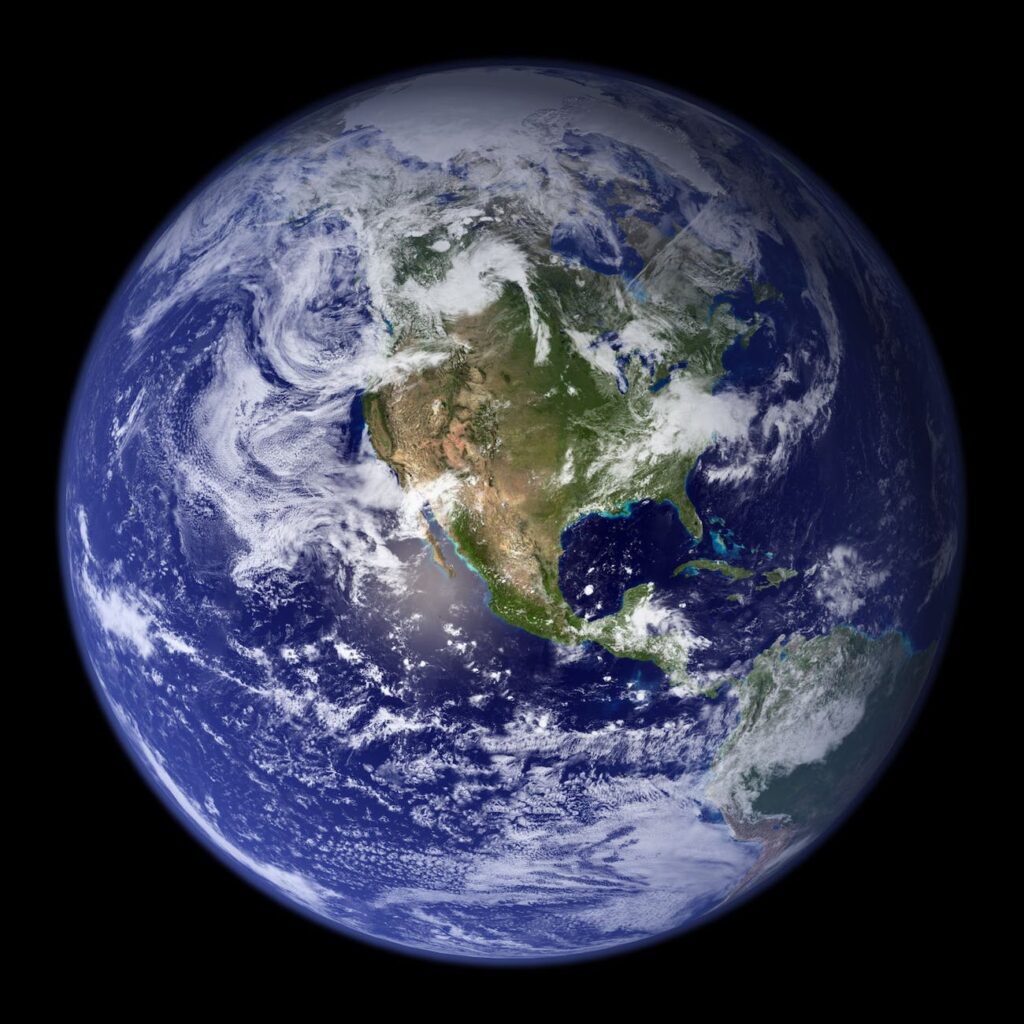
Introduction:
As the urgency to address environmental challenges intensifies, conservation projects have emerged as crucial efforts in safeguarding our planet’s health. These projects play a vital role in preserving biodiversity, mitigating climate change, and promoting sustainable practices. In this article, we will explore six conservation projects that are making a significant difference in environmental health. By highlighting their initiatives and accomplishments, we aim to inspire individuals and organizations to join the collective endeavor of protecting our precious ecosystems.
Coral Reef Restoration and Protection:
Coral reefs are among the most diverse and productive ecosystems on Earth, providing habitats for countless marine species. However, they face numerous threats, including rising sea temperatures and pollution. Conservation projects like the Coral Restoration Foundation are dedicated to restoring and protecting coral reefs. Through coral farming, transplantation, and community engagement, they are actively working towards preserving these fragile ecosystems and raising awareness about their importance.
Reforestation and Forest Conservation:
Forests are vital for carbon sequestration, regulating the climate, and providing habitat for countless species. The Rainforest Foundation works tirelessly to protect tropical rainforests and the indigenous communities that depend on them. Their initiatives involve empowering local communities, supporting sustainable livelihoods, and combating deforestation through advocacy and land rights protection. Reforestation projects, such as the Great Green Wall initiative in Africa, aim to restore degraded landscapes and combat desertification, providing a brighter future for both local communities and the planet.
Wildlife Conservation and Habitat Restoration:
The loss of biodiversity is a critical global issue, impacting ecosystems and our own well-being. The World Wildlife Fund (WWF) is at the forefront of numerous wildlife conservation projects. Their initiatives range from protecting endangered species like tigers and elephants to restoring critical habitats such as wetlands and forests. By collaborating with governments, local communities, and other organizations, the WWF is ensuring the long-term survival of iconic species and the preservation of their habitats.
Sustainable Agriculture and Marine Conservation:
Agriculture and fishing practices can have significant environmental impacts, including habitat destruction, water pollution, and overfishing. The Sustainable Agriculture Network (SAN) promotes sustainable farming methods that prioritize biodiversity conservation, soil health, and fair labor practices. Additionally, marine conservation organizations like Sea Shepherd tackle illegal fishing and protect marine wildlife through direct action campaigns, highlighting the importance of sustainable practices for our oceans’ long-term health.
Conclusion:
Conservation projects are vital in protecting our planet and securing a sustainable future for generations to come. By focusing on coral reef restoration, reforestation, wildlife conservation, and sustainable practices in agriculture and marine ecosystems, these initiatives are making a remarkable impact on environmental health. However, the responsibility to protect our planet extends to all of us. Through individual actions, such as reducing our carbon footprint, supporting sustainable businesses, and advocating for policy changes, we can contribute to the collective effort of conservation. Let us join hands and work together to ensure a healthy and thriving planet for ourselves and future generations. Together, we can make a difference and protect our precious natural heritage.